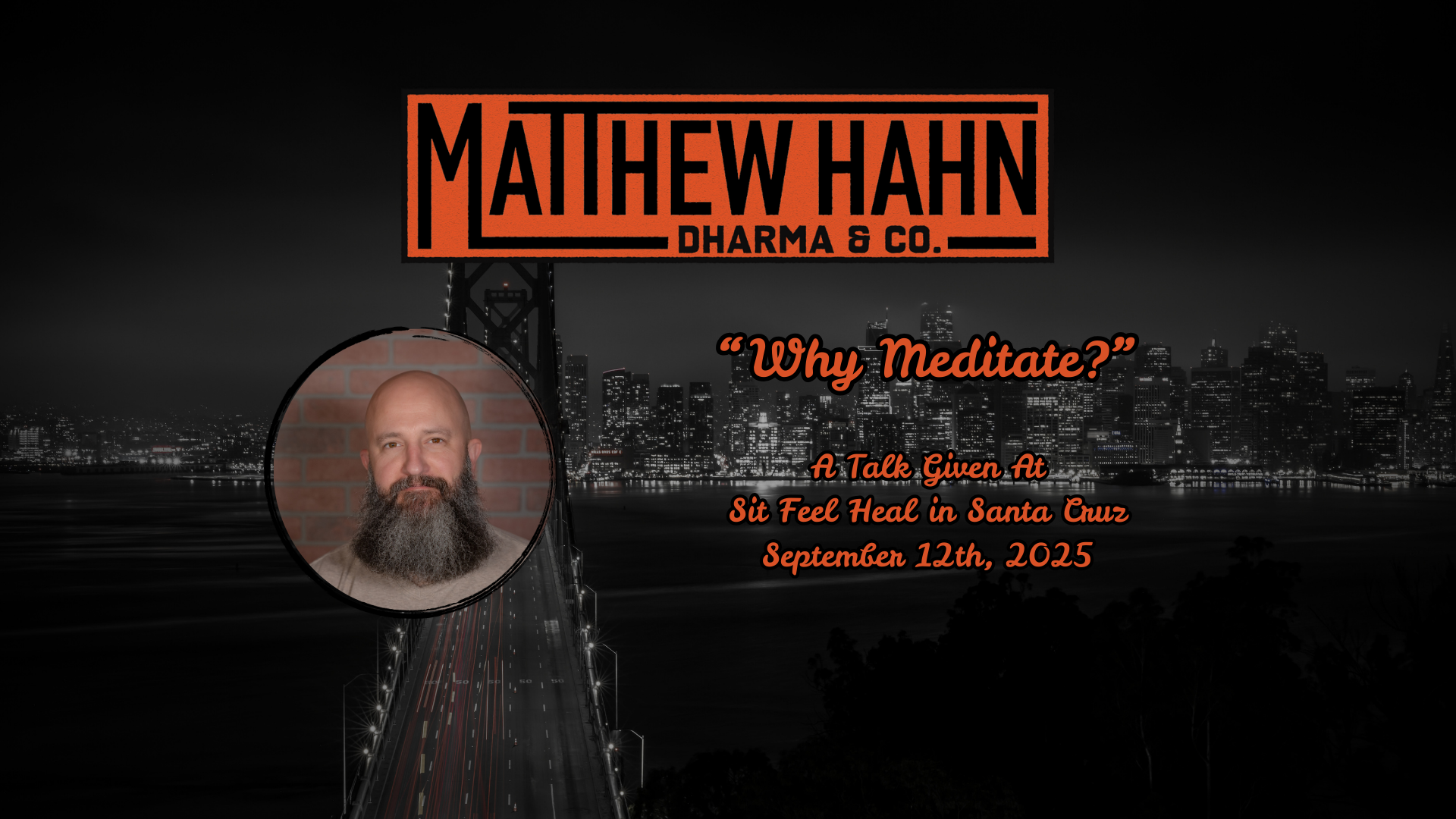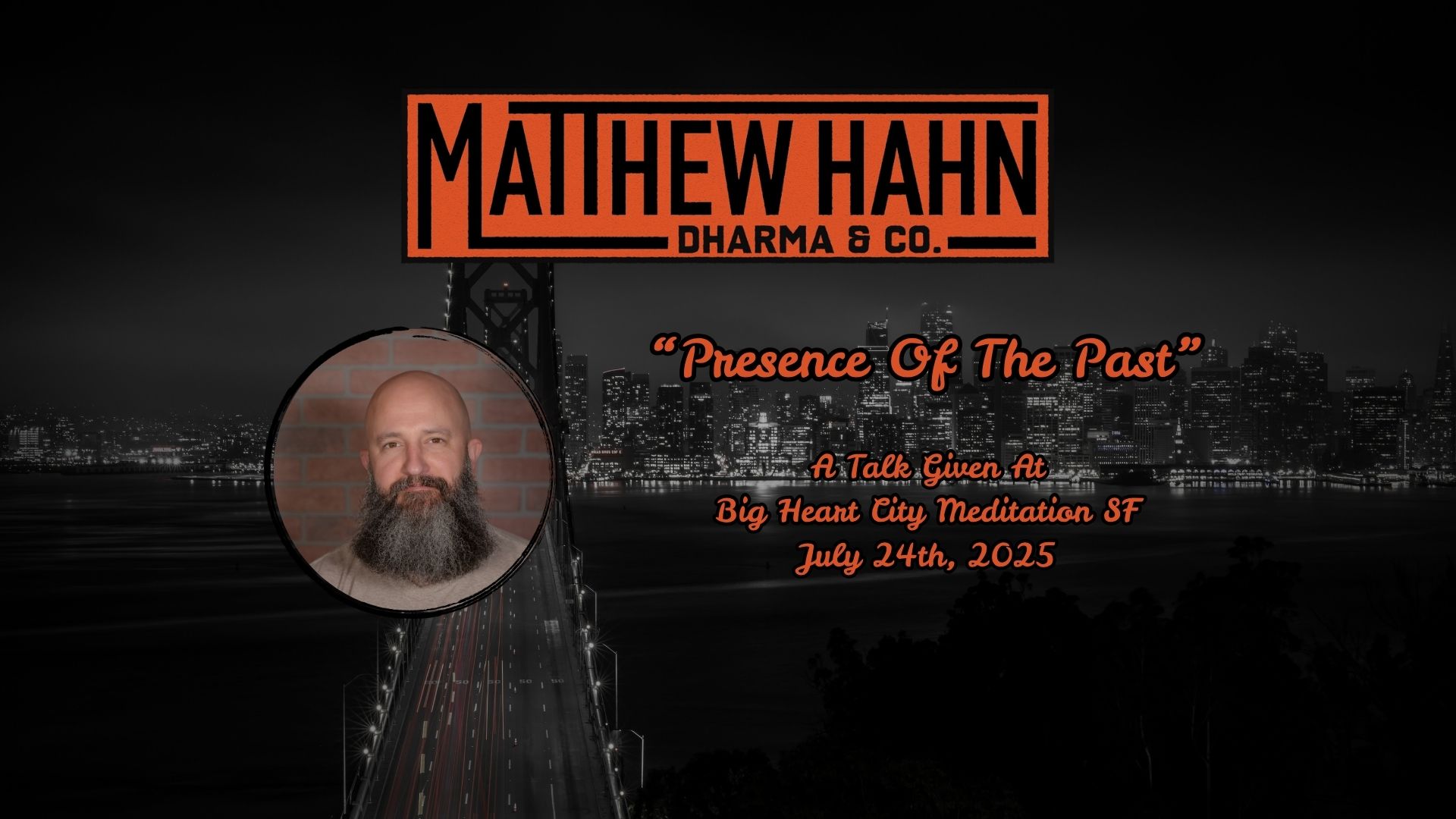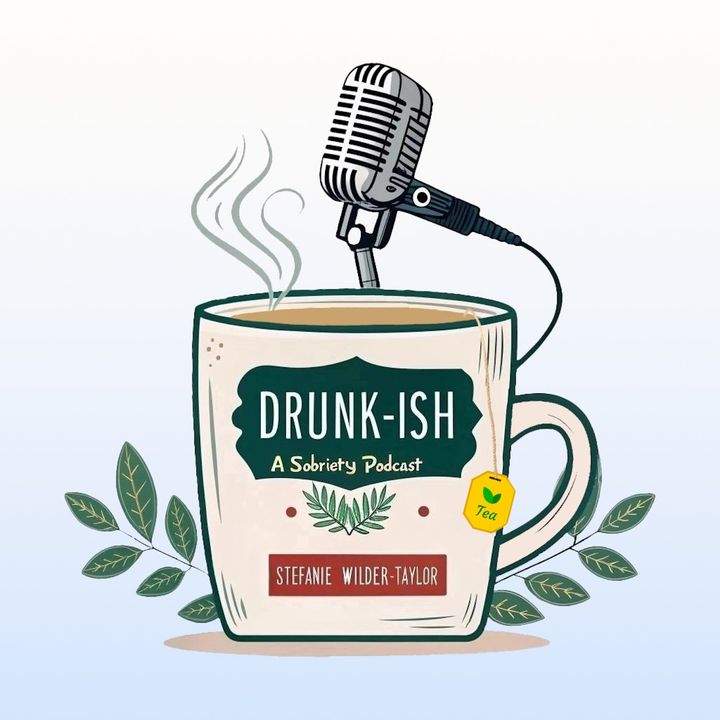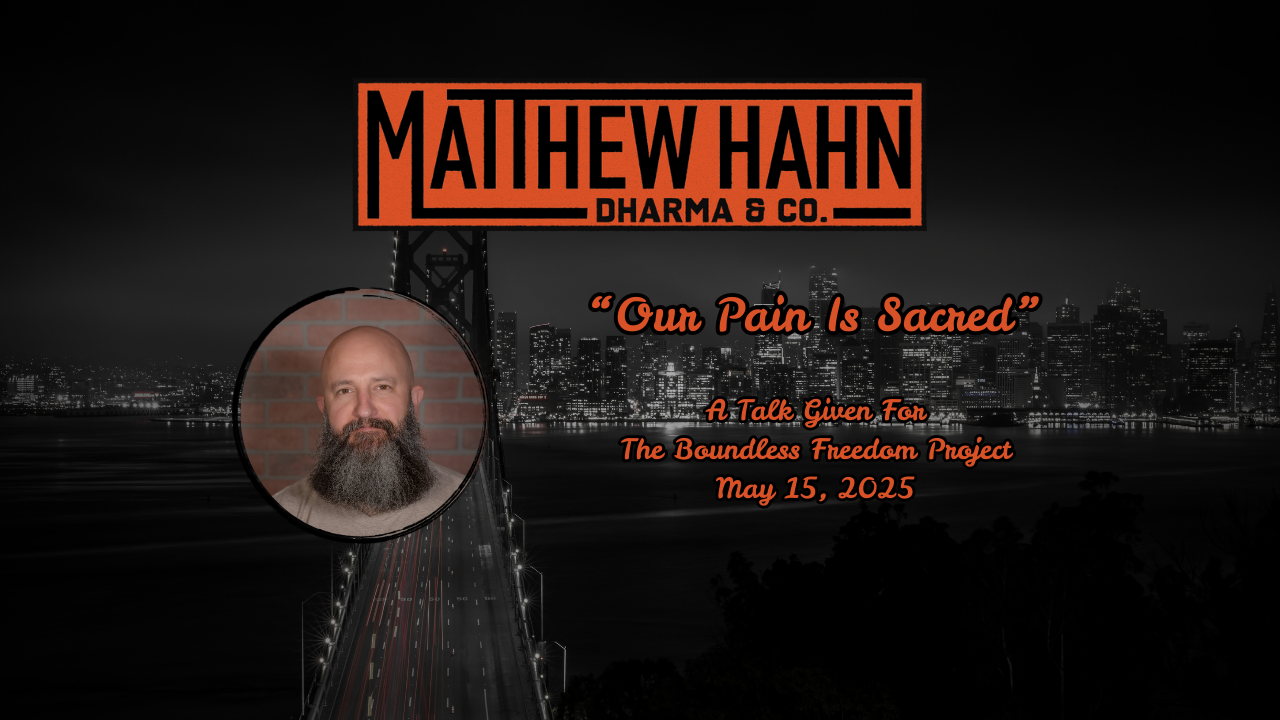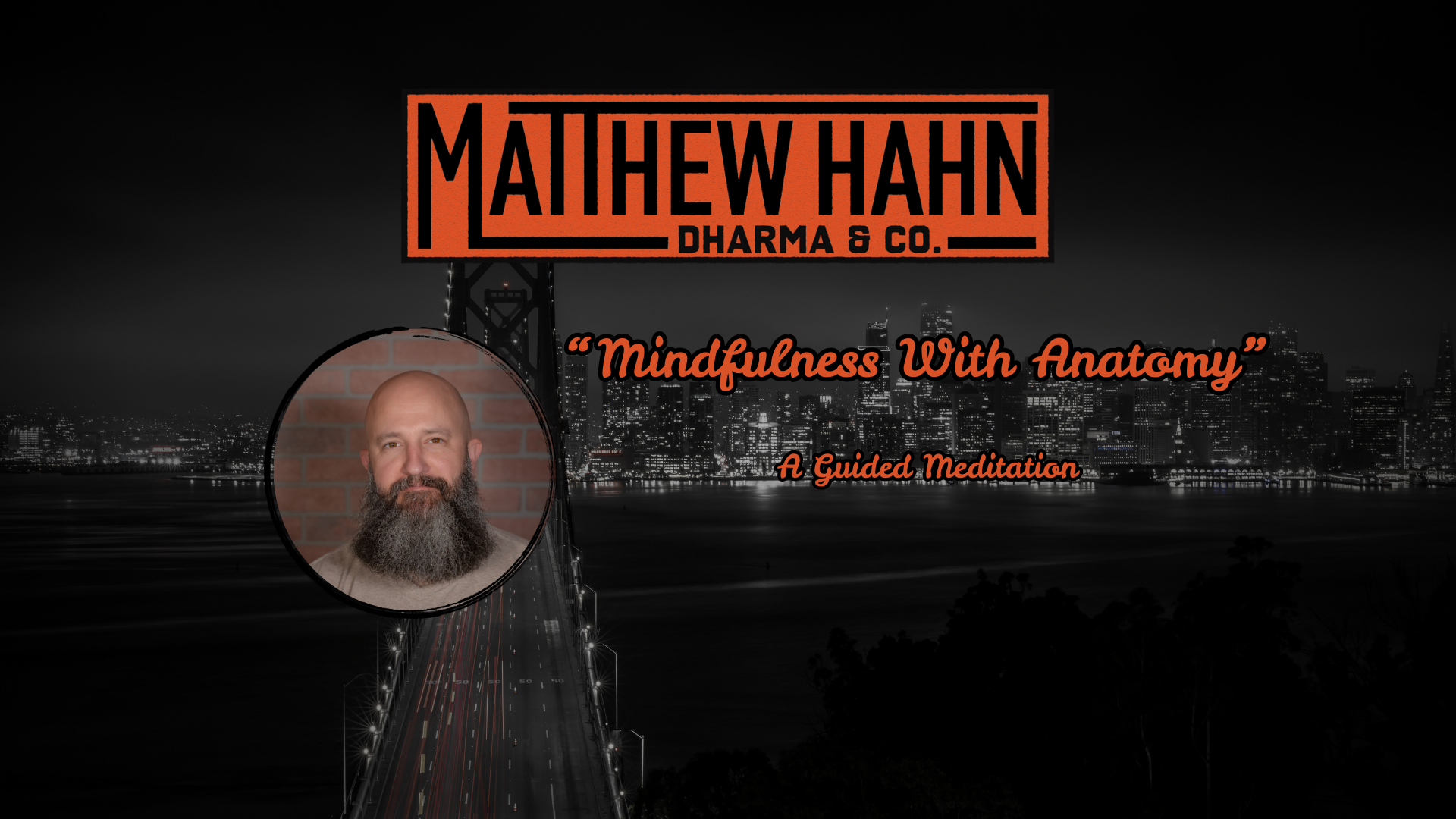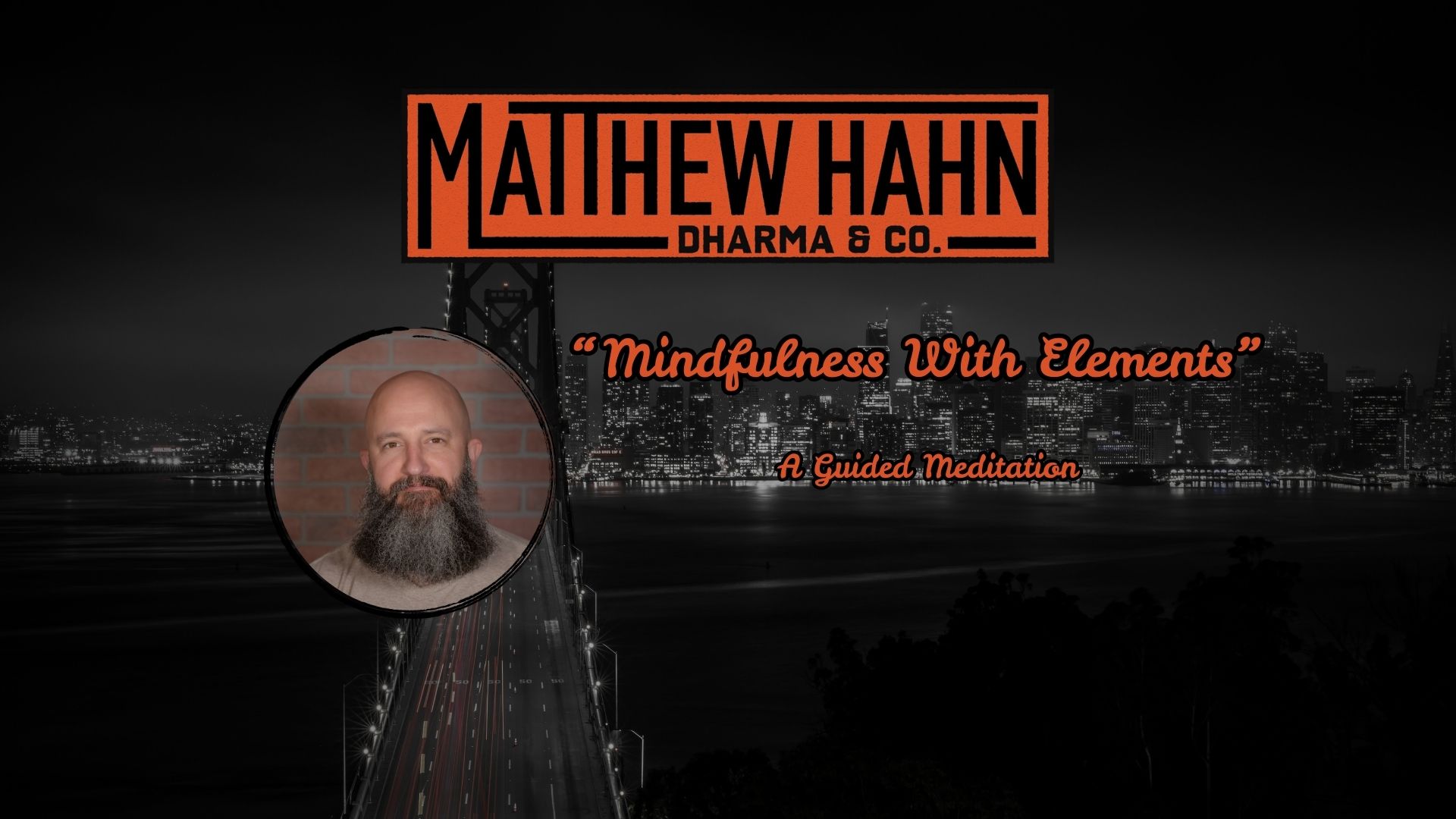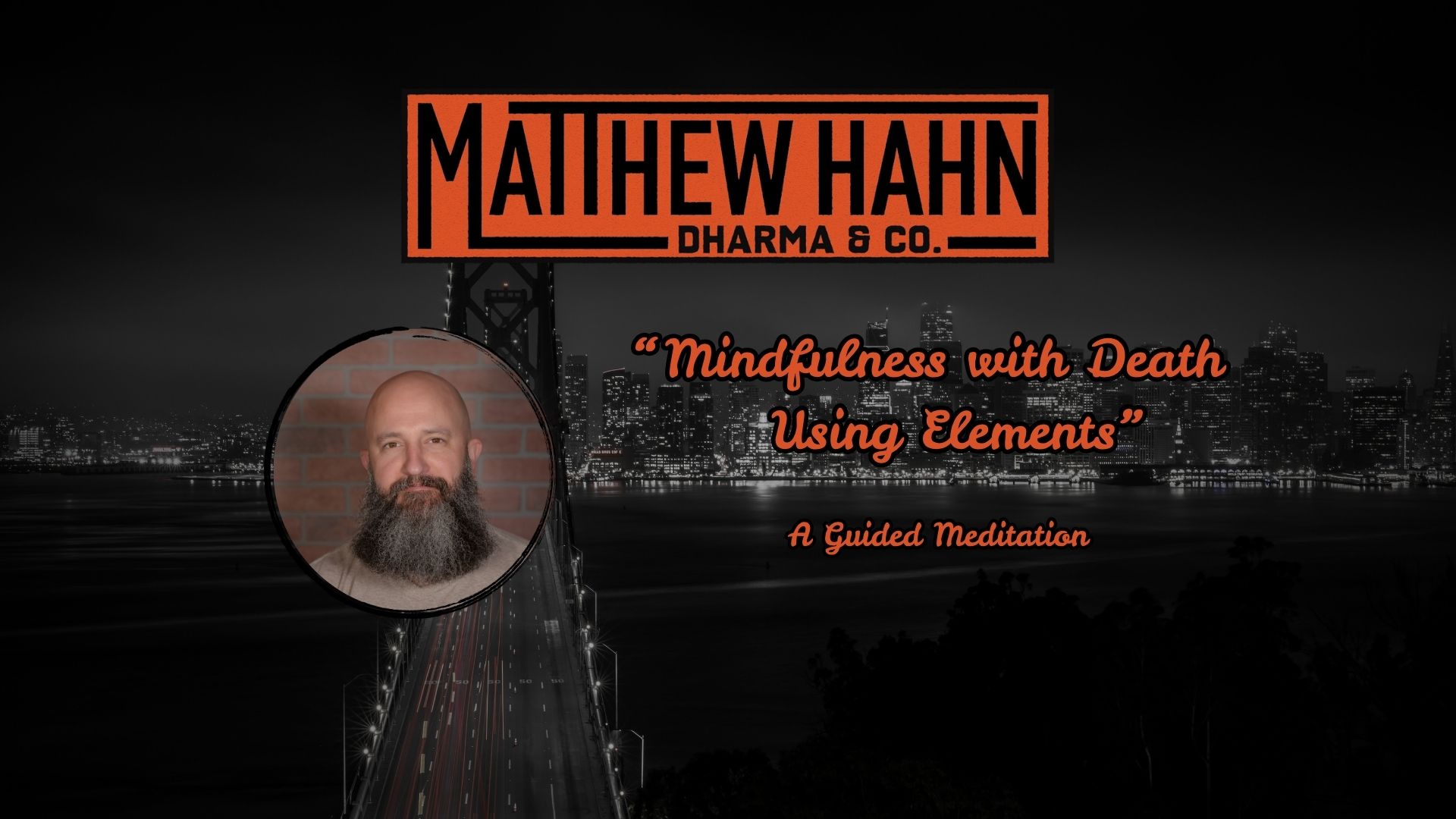Clean Dharma.
Former prisoner. Union tradesman. Dharma student and teacher.
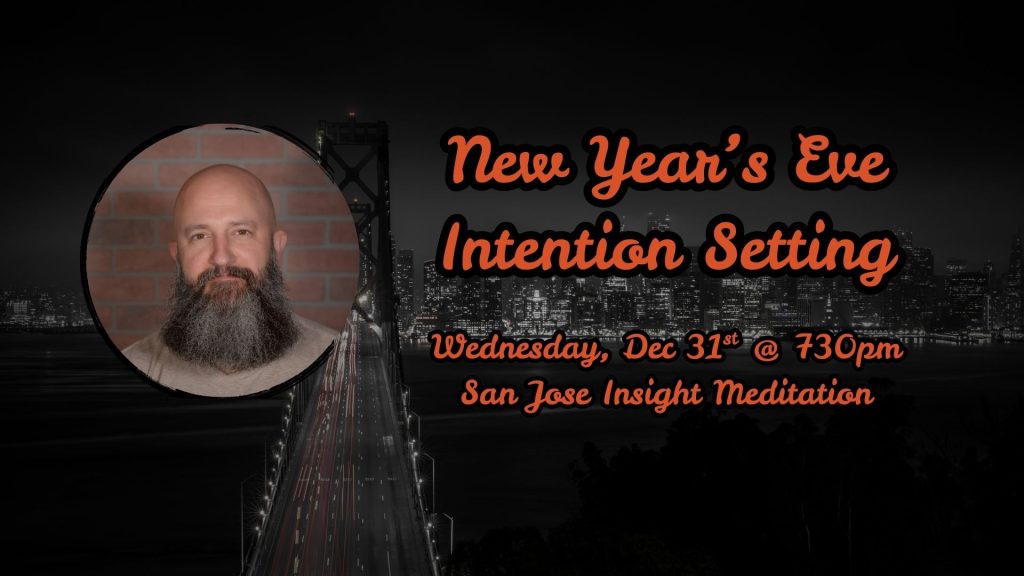
Upcoming events & courses
Matthew offers Buddhist teachings and meditation instructions for in-person groups in the San Francisco Bay Area, and online for remote and hybrid sanghas. Practicing the Dharma since 2005, he sat with his first sangha as a prisoner in Folsom State Prison.
Matthew is a co-founder of the Recovery Dharma program and offers teachings for people with histories of addiction and incarceration. He received lay ordination from Venerable Pannavati and the late Ashin U Pannadipa, and is a Dharma Leader at Sprit Rock and the Insight Meditation Center.
Matthew is a regular teacher at San Jose Insight Meditation.
DHARMA TALKS & INTERVIEWS ON VIDEO
Add some content for each one of your videos, like a description, transcript or external links.To add, remove or edit tab names, go to Tabs.
